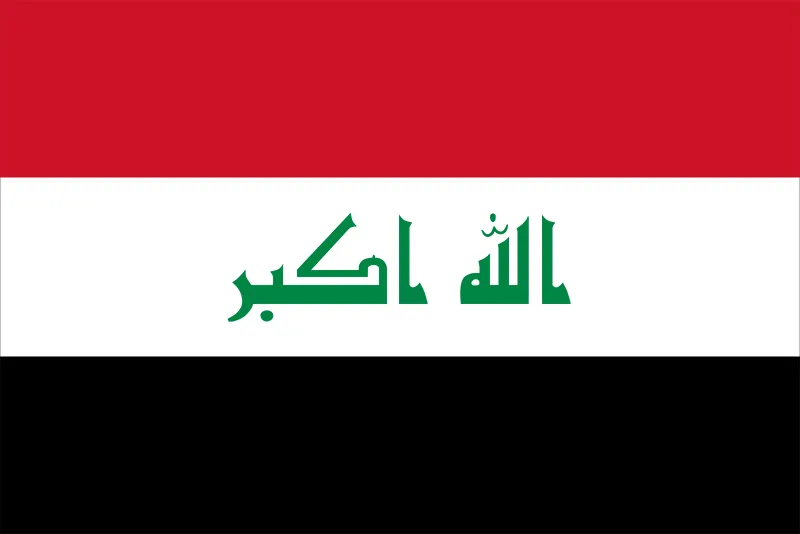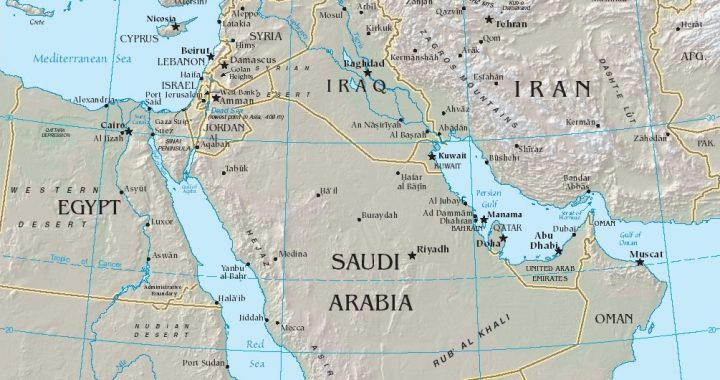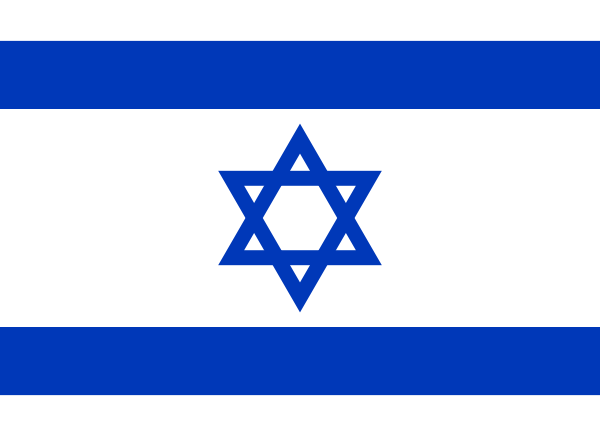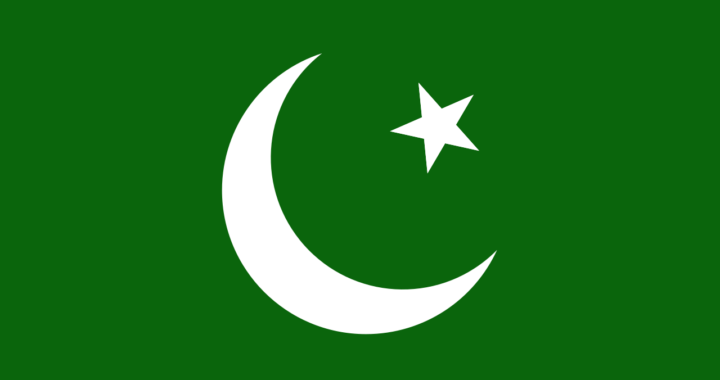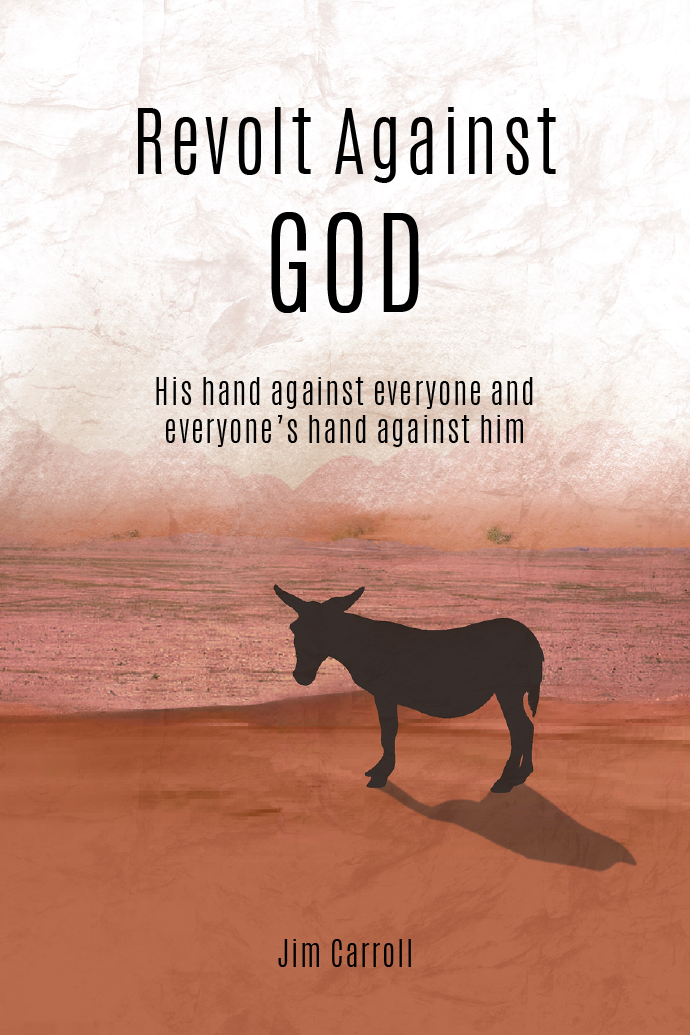In July 2003 I set out for Iraq with a group of doctors and medical personnel. My son, Pete, accompanied us. Because of the war we had to enter Iraq though Kuwait, which was in control of the border. We waited in Kuwait city for several days while our travel papers were processed. We then proceeded north through various check points to Basra, the City of Palms, where we stayed in a small hotel. For the first few days I worked and lectured in the local children’s hospital.
Because of the war, things were tense in the city. Although the main battles had been concluded, there were still numerous minor conflicts around the country. We were cautious as kidnappings by gangs were active, mostly for the sake of seeking ransom. Doctors were a prime target. Because of his obvious skills as a facilitator, Pete was made the driver of our van. Trips to get gasoline were perilous. The lines were long, but we forced our way in when we could. I remember telling Pete “don’t get boxed in.”
Probably foolishly, we did some sight-seeing. We went north toward Nasiriyah and the little town of Al Qurna where the Tree of the Knowledge of Life is located. The tree was dead. We continued on and finally reached the site of the ziggurat of Ur (Ur of Chaldees from Genesis). We could see the structure on a hill in the distance and intended to take a closer look. But there were US soldiers stationed around the area and we weren’t allowed to get closer. Who knows if this was really Abraham’s site. It’s been 4000 years.
The highlight of our trip was conducting clinics with the Marsh Arabs, an isolated tribe who subsisted on the marsh created by the junction of Euphrates and Tigris rivers. The Marsh Arabs had opposed Saddam, and as punishment, Saddam had attempted to drain the the marsh. They were a tough, proud people. Pete was given the job of crowd control for our clinics. He was marginally successful. The women could not be managed. While we saw patients, the tribe stripped our van of hub caps and mirrors. I had with me an old book showing pictures of the March Arabs from earlier times. They were amazed to see their ancestors.
Toward the end of our stay we had a little scare. About 10 pm gunfire erupted around our hotel. We looked out our window and saw tracer bullets heading up into the sky. The gunfire continued until about 3 am. Our concern was that the war had broken out again. At first light I went downstairs to the lobby to see if we were now prisoners. The Iraqis staying at the hotel were gathered around the TV debating whether the photographs of two mutilated, dead men were really images of Uday and Qusay, the sons of Saddam. The gun fire of the night before was actually celebratory. Indeed, they were has sons, hated by the Iraqi people for their awful, known cruelty.
We were relieved to leave Iraq. We all held our breaths as we approached the entry point into Kuwait, staffed by the Kuwaiti army. The Kuwaitis were not totally happy about our trip to assist the Iraqis. The soldiers took much too long inspecting our papers. Most of us got through, but several on our team were held over for a longer period. Our arrival back to Kuwait city bought a complete sense of relief.
